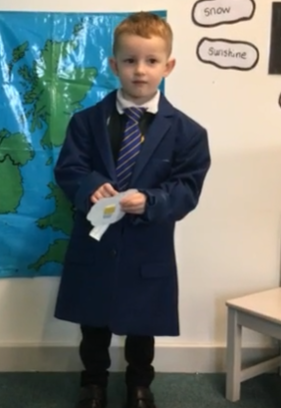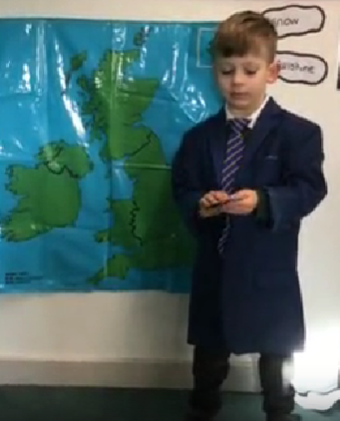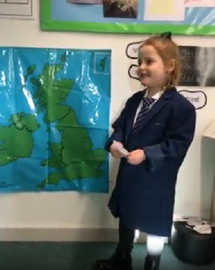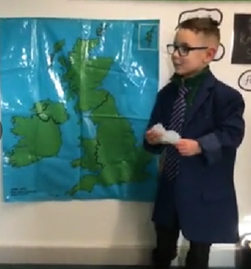geography

INTENT
Our aim at Holgate Primary School and Sutton Road Primary School is to provide a rich and exciting Geography curriculum, which challenges, inspires and motivates all children to be knowledgeable, curious and critical about our world and to recognise the importance of sustainable development for the future of humankind.
- Our Geography Learning is based around the four key areas identified within the National Curriculum – Locational Knowledge, Place Knowledge, Human and Physical Geography and Geographical Skills and Fieldwork.
- All children study both physical and human characteristics of geography, how they interact and how they change over time.
- Children can interpret a range of sources of geographical information.
- When exploring the local area, children can collect, analyse and communicate with a range of data through experiences of fieldwork.
- All pupils acquire a bank of useful geographical vocabulary that they can apply to a variety of contexts.
- Our Geography is one of our key curriculum drivers for our Vehicles so all children can understand that what we learn in the classroom helps us understand our own environments as well as those around the globe.
- Where appropriate, our Geography Vehicles are linked with a trip to expand pupils’ experiences.
- Our Geography curriculum is progressively more challenging from F1 through to Year 6 both in terms of the complexity of the subject knowledge we want our pupils to acquire and also the critical thinking skills we support them to utilise to ensure they understand the significance of that knowledge.
Our Geography curriculum is inclusive in terms of delivering the same curriculum to all of our pupils irrespective of specific learning needs or disabilities. Adaptations, where necessary, include in class support, providing different learning environments, alternative learning activities and assessment outcomes.
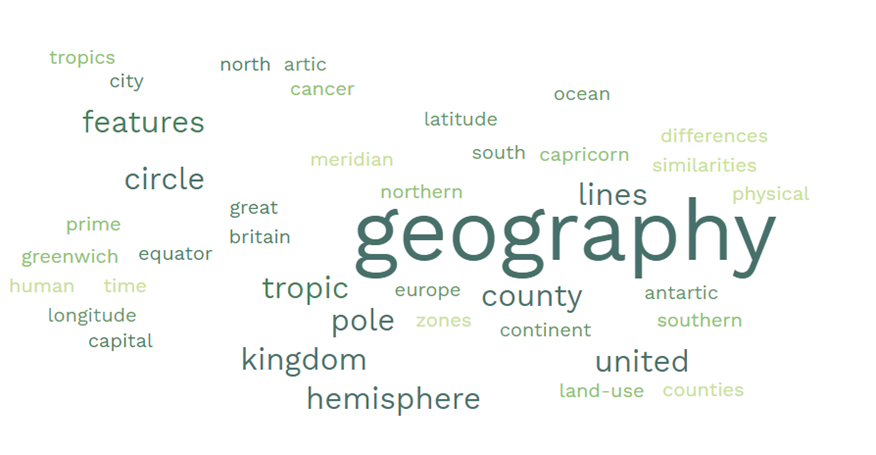
IMPLEMENTATION
EYFS
In EYFS, Our Geographical Learning links to Understanding of the World and Mathematics. We learn about the world around us and how this differs and changes. We use a lot of physical activities to explore the local environment and develop language use associated with this.
KS1
In KS1, children begin to use maps and recognise physical and human features to do with the local area, building to using maps to explore the continents and oceans of the world in year 2. Further, in year 2, children will begin to ask and answer geographical questions. All children develop their skills in local knowledge, place knowledge, human and physical geography, geographical skills and fieldwork. We are working for our children to have a range of opportunities to experience geography through practical engaging tasks beyond the classroom.
KS2
In KS2, children study a range of contrasting localities from across the globe including a local area study, a European Study, a North American Study on Mexico and a South American Study focusing on rainforests. Childrens knowledge will expand on their skills in local knowledge, place knowledge, human and physical geography, geographical skills and fieldwork acquired in KS1. We utilise local area visits and additional school trips to enhance our Geography Curriculum and support children to become Geographers of the future.
IMPACT
Children complete key skills which are carefully planned, allowing them to form links and build on prior learning. This allows them to cultivate and grow holistically, arming them with knowledge, drive and techniques they can apply in later life. Pupils acquire the skills necessary to allow them to become confident Geographers later in life and also to support them in speaking and writing like a Geographer utilizing the correct technical terminology.
Geography in the EYFS - Understanding the World – The Natural World
The children used their knowledge and skills from our Vehicle ‘I wonder if all the World is the same?’ to explore the weather and learning how to tell the forecast.
